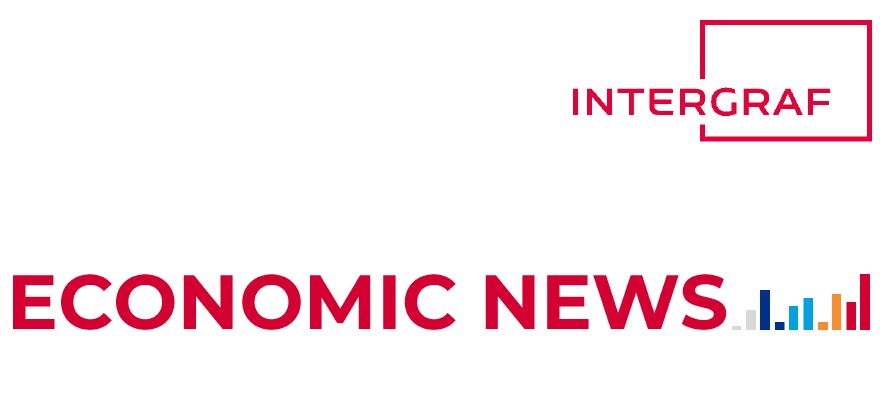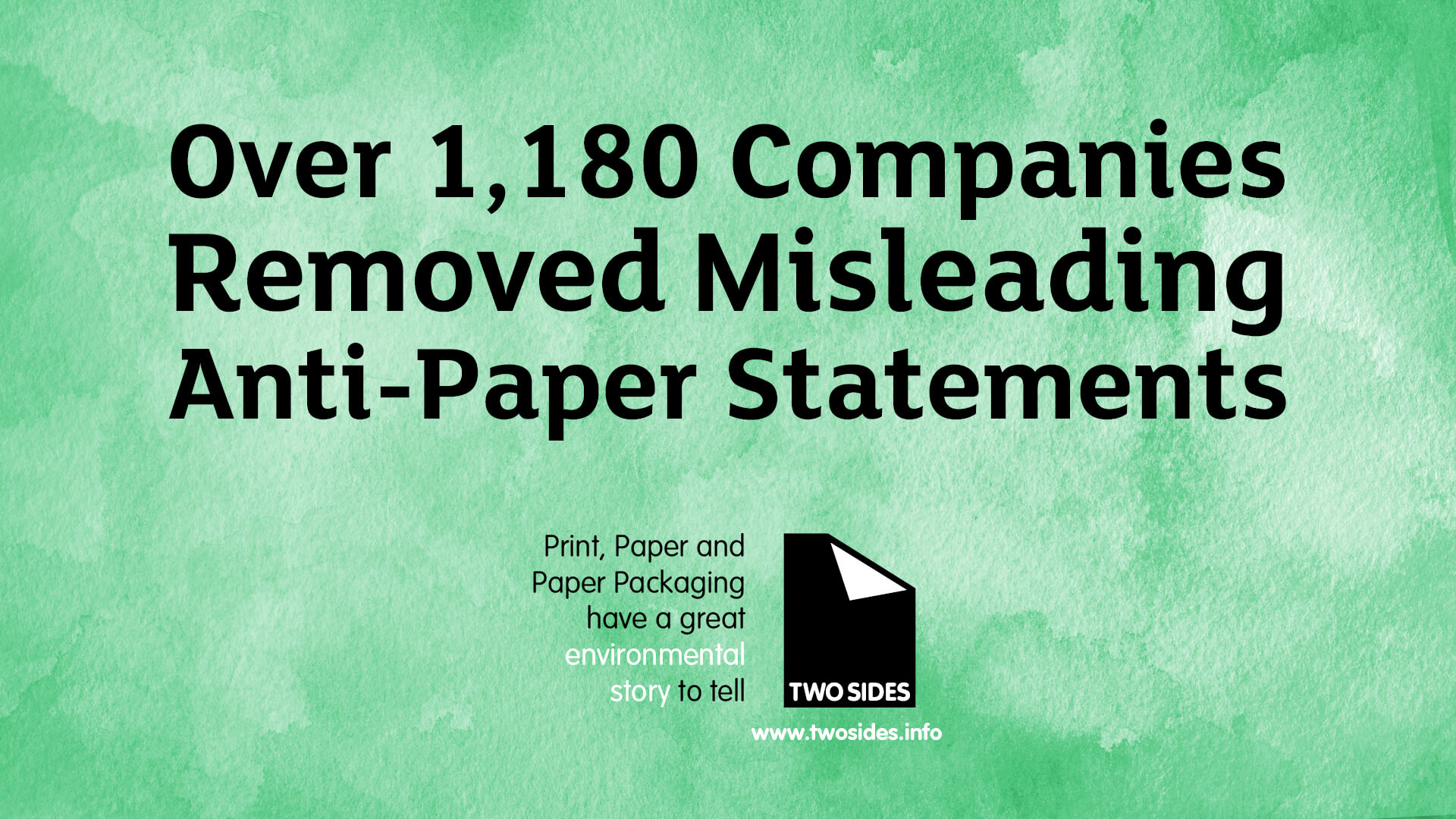17 May 2012
Tribunals have no power to allocate liability between joint respondents
Brennan & Others v (1) Sunderland City Council (2) GMB (3) Unison is a case arising from somewhat unusual circumstances, but the decision is one of relevance in many more situations. It is part of the long running Equal Pay saga arising from changes in NHS terms and conditions. Briefly, claimants alleging that the preservation of certain bonuses for male staff in a collective agreement perpetuated unequal pay. As well as making equal pay claims against their employers, some claimants also named their trade unions as respondents to the claims, because they were parties to a discriminatory collective agreement. This decision of the EAT deals with whether employment tribunals have jurisdiction to apportion liability between the respondents to a discrimination claim.
The answer to this question requires a little legal history. It depends on the interpretation of the Civil Liability (Contribution) Act 1978, which updated and extended the Law Reform (Married Women and Tortfeasors) Act 1935 to breach of contract cases. Before 1935, if two persons were both in part responsible for an injury to someone, there was no scope for the courts to split liability between the two wrongdoers according to their respective levels of fault. Under the current legislation, the County Court and the High Court can now apportion liability and award damages in civil damages claims.
The EAT concluded that this provision does not apply to cases dealt with by employment tribunals such as discrimination claims. They are not mentioned in the Civil Liability (Contribution) Act 1978, which was passed at a time when discrimination law and the tribunal system were both in existence. The conclusion is that if Parliament had intended the tribunals to have power to order contributions to compensation, it would have said so.
As Mr Justice Underhill pointed out, there are many cases where an employee may sue more than one person for the same thing. Typically, this happens in discrimination cases (especially harassment) where both the employer and the individual who discriminated are named in proceedings. Other examples include where a discriminatory reference is given and a prospective employer withdraws a job offer on the basis of that reference, or where a third party is involved in an interviewing panel which reaches a recruitment decision on discriminatory grounds. In these cases, the respondents to claims can be found jointly liable for the whole of the compensation awarded, but there is no scope for a tribunal to decide how much of the total compensation each will pay.
In practice in many cases, one of the respondents will have the means to settle the entire compensation award, and the other will be an employee without the means to do so, and no-one attempts to recover anything from the latter. However, as the EAT remarked, it seems unsatisfactory that, in those cases where there are two organisations who are both liable to some extent for an act of discrimination, employment tribunals have no scope to apportion liability between them.
 Intergraf Economic News (Paper Prices) - April 2024
Intergraf Economic News (Paper Prices) - April 2024
19 April 2024
Access the latest edition of the Economic Newsletter for the European Printing Industry for data on paper consumption, and pricing data for pulp, paper and recovered paper.
 Two Sides Global Campaign Reports Increasing Greenwashing As Organisations Focus On Sustainability
Two Sides Global Campaign Reports Increasing Greenwashing As Organisations Focus On Sustainability
25 April 2024
Two Sides has challenged over 2,650 organisations found to be communicating greenwashing messages to their customers. Over 1,180 organisations have, so far, removed misleading anti-paper statements.
The BPIF is the printing industries champion. By becoming a member you join a diverse and influential community. We help you solve business problems, connect you to new customers and suppliers and make your voice heard in government.
Call 01676 526030









